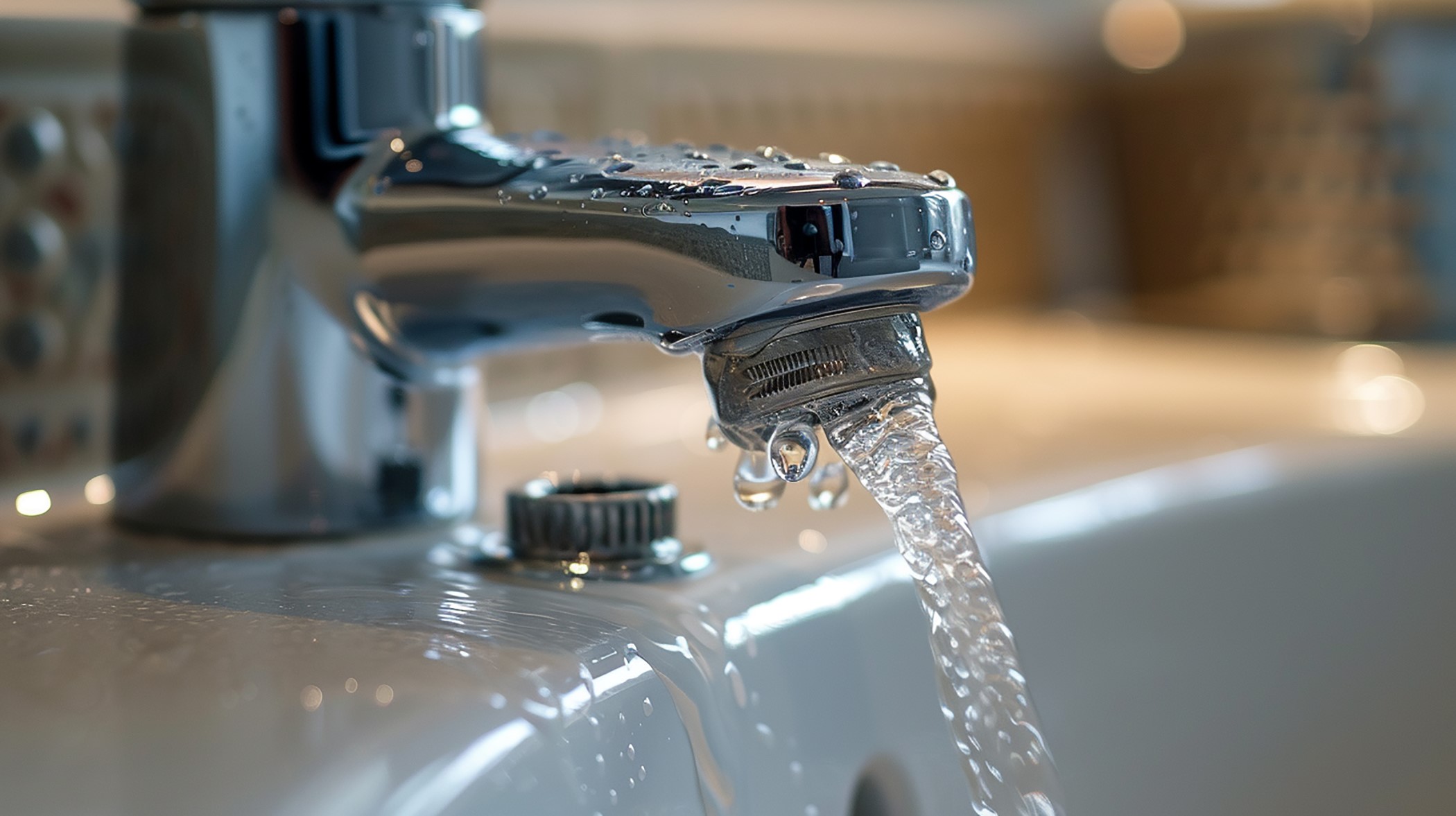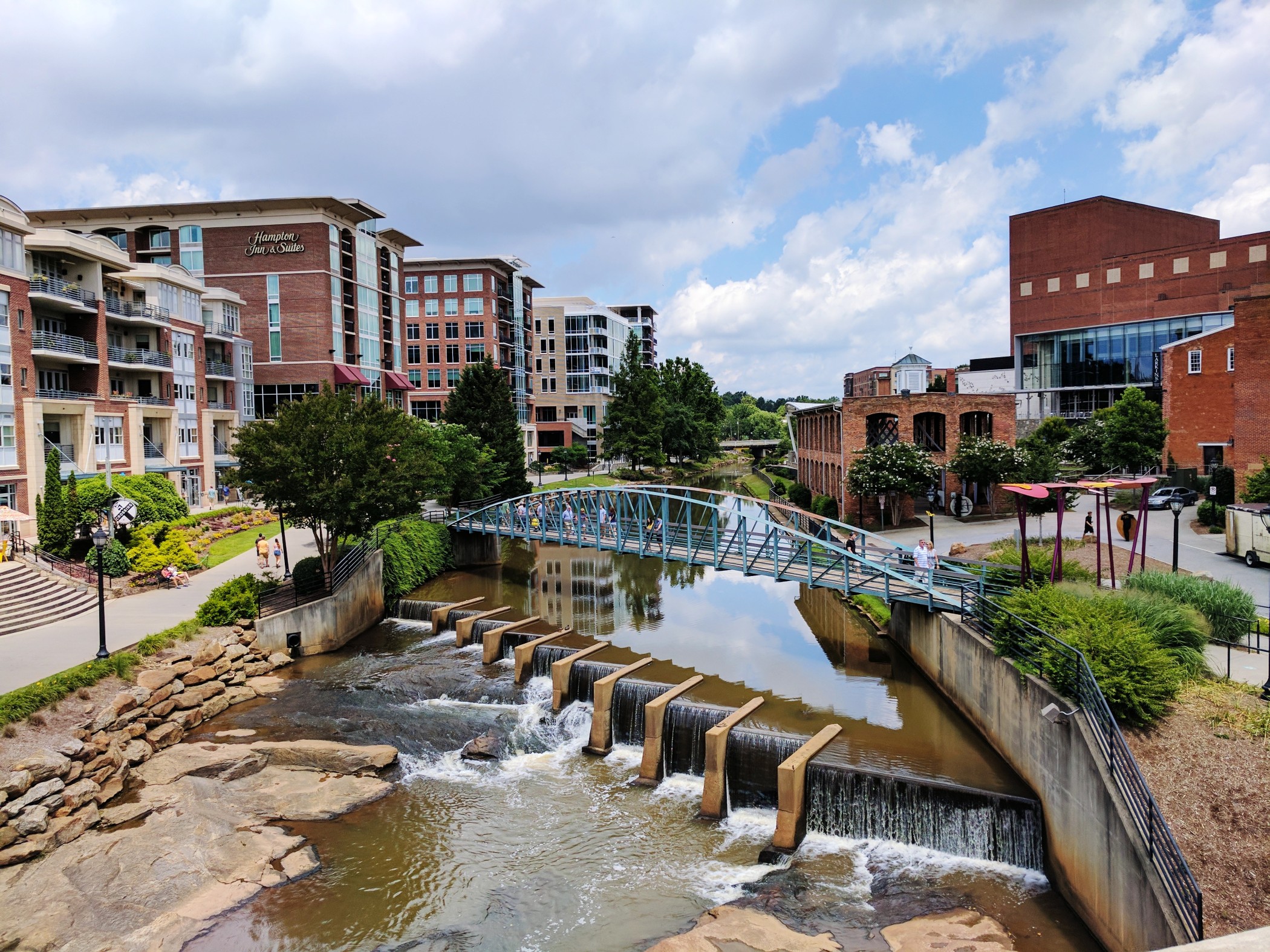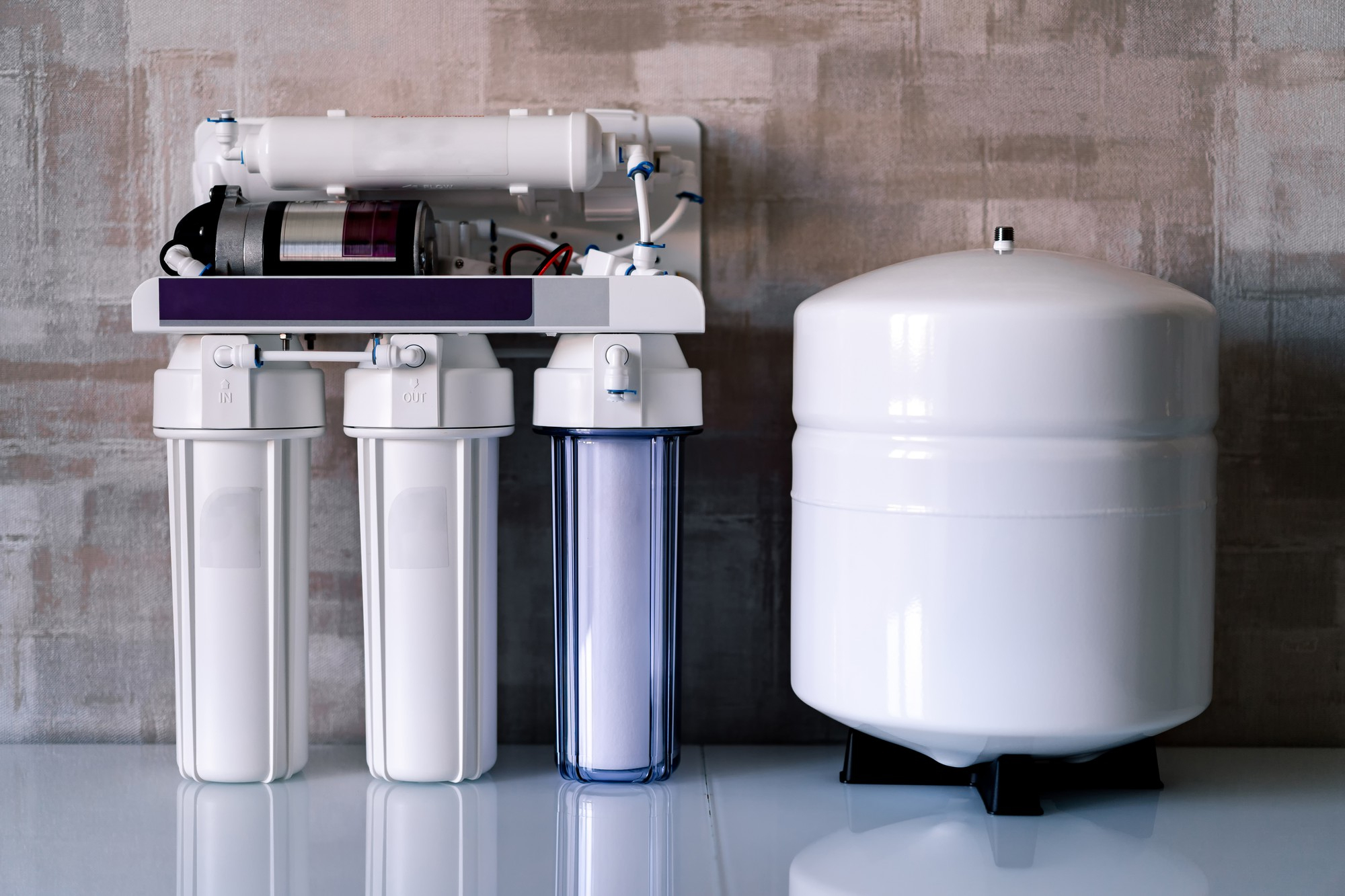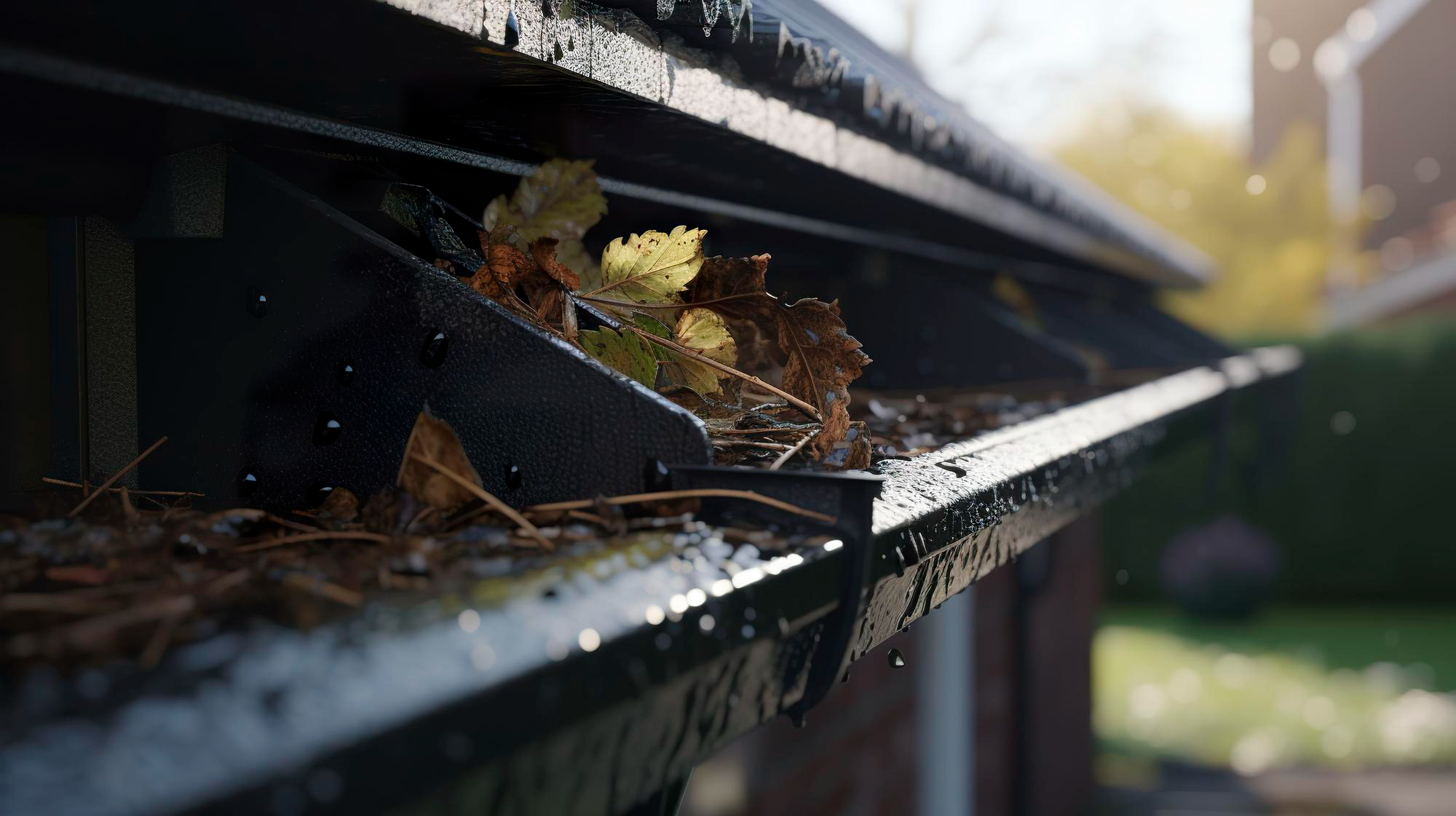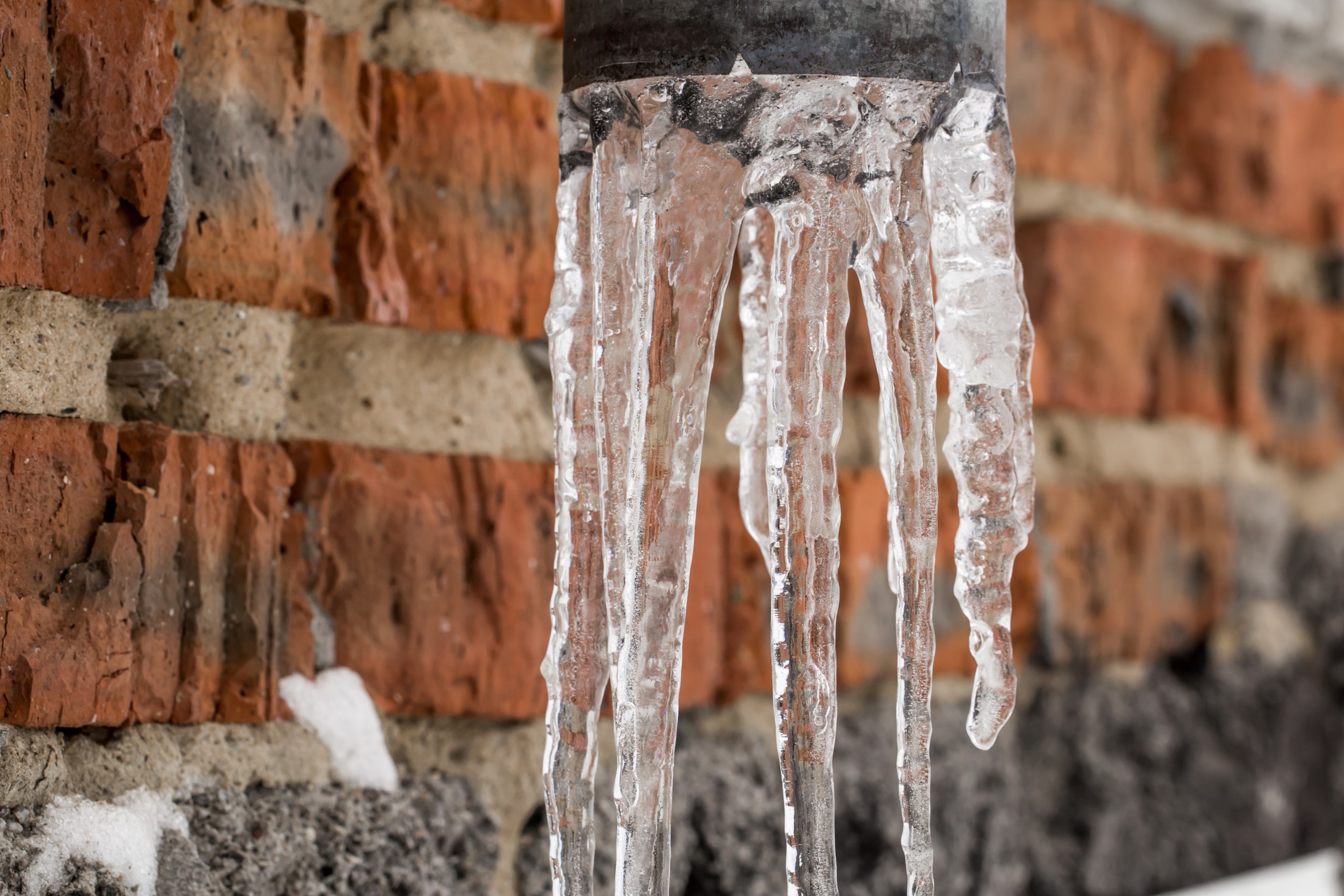With recent severe weather and the upcoming colder temperatures in the Carolinas, it’s crucial to be prepared for plumbing emergencies. Knowing how to manage these unexpected situations can help minimize damage and restore normal function swiftly. Here’s a guide to handling common plumbing emergencies:
Understanding Plumbing Emergencies
Plumbing emergencies are sudden issues that require immediate attention to prevent severe damage or safety risks. They often necessitate the expertise of an emergency plumber. Common plumbing emergencies include:
- Burst Pipes
- Overflowing Toilets
- Leaking Faucets
- Sewer Line Backups
- Water Heater Failures
- Clogged Drains
Addressing Leaking Faucets
Leaking faucets might seem minor but can lead to increased water bills and potential damage over time. Typically caused by worn-out washers, damaged O-rings, or faulty valve seats, here’s how to manage them:
- Turn Off the Water Supply: If the leak is significant, shut off the water supply to the faucet using the valves under the sink.
- Inspect the Faucet: Look for visible wear or damage and tighten any loose components.
- Temporary Fixes: Use plumber’s tape or a temporary sealant to manage the leak until a professional can fix it.
Dealing with Overflowing Toilets
An overflowing toilet is both common and distressing. This headache can be caused by blockages or internal malfunctions. Here’s how to manage it:
- Turn Off the Water Supply: The shut-off valve is behind the toilet, turn it off to as quickly as you can to stop the water from overflowing further.
- Remove the Clog: Use a plunger to clear the blockage, ensuring a good seal around the toilet bowl. If unsuccessful, a toilet auger can reach deeper clogs.
- Avoid Chemical Cleaners: Chemical drain cleaners can damage your toilet and are often ineffective for severe clogs.
Managing Leaking Water Heaters
If your water heater starts leaking, here’s what to do:
- Cap the Drain: If the drain is leaking, a hose cap might temporarily stop the leak.
- Shut Off the Water and Power: Turn off the cold water supply line and the gas or electricity to the heater.
Handling Broken Pipes
Broken pipes can be tricky to manage, especially when water is flowing. Do the following:
- Crimp or Bend the Pipe: This can temporarily stop the flow of water.
- Use Compression or Push-to-Connect Fittings: These fittings can be installed while water is flowing, allowing you to shut off the valve immediately after installation.
Addressing Sewer Line Backups
Sewer line backups can cause significant issues, including wastewater flooding. Common causes include tree roots, blockages, or main line problems. Here’s how to manage it:
- Pause Water Usage: Stop using any water in your home to prevent worsening the backup.
- Contain the Area: Use buckets or towels to contain any overflowing wastewater.
- Check for Blockages: If safe, inspect the cleanout access point for obstructions.
Preventing Plumbing Emergencies
Preventative measures can save you from the stress and expense of plumbing emergencies. Here are some tips:
- Regular Maintenance: Schedule inspections for pipes, water heaters, and drains to catch issues early.
- Educate Family Members: Ensure everyone understands proper plumbing practices to avoid emergencies.
- Pipe Insulation: Insulate pipes, especially in unheated areas, to prevent freezing and bursting in cold weather.
- Proper Disposal: Avoid flushing non-disposable items and dispose of grease and food scraps properly.
- Monitor Water Pressure: You can use a pressure regulator to maintain safe water pressure.
- Use Drain Guards: Install guards to catch debris and prevent clogs.
- Know About Your Tree Roots: Don’t plant trees and shrubs near sewer lines to prevent root intrusion.
By following these guidelines, you can better handle plumbing emergencies in Greenville and Upstate SC, especially with the changing weather conditions. Stay prepared and proactive to protect your home from severe plumbing issues and be sure to contact JB Plumbing Services to help you address any emergency situations you encounter.

